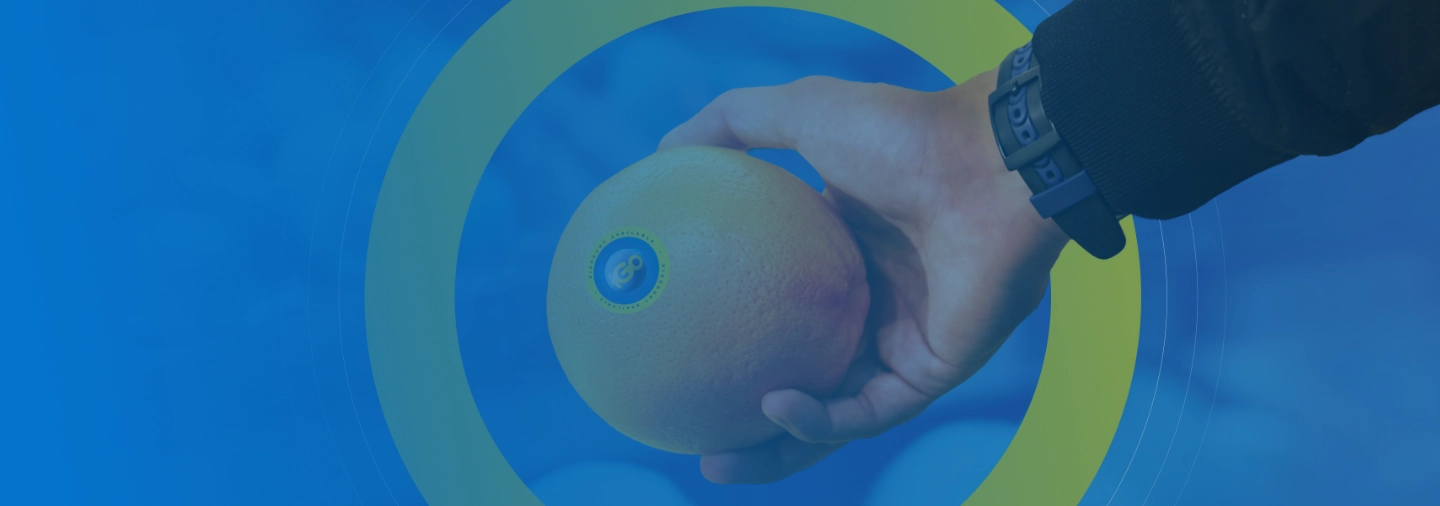Staying physically active is as important for older people as for those who are younger. Perhaps it is even more important, since being physically active can help prevent or delay some diseases that are common among older people.
Advancing age can often be accompanied by inactivity. However, this does not have to be the case. Staying physically active can help prevent or delay heart disease, diabetes and some cancers. It may also help keep you mentally alert, relieve depression and improve your mood.
Exercise does not necessarily have to be strenuous. Going for a regular walk, having a swim or doing some gardening are all activities that help preserve or enhance your health.
Women often find it easier to remain physically active in old age than men because they often still have to do cooking and household chores that keep them active. Men who have not been used to doing this often spend a lot of time sitting doing little.
With young men often sharing in these activities in modern families, continuing to do this as they advance in age will help them remain physically active.
Having sufficient sleep and coping adequately with stress is important and part of the healthy lifestyle needed for good health as we age.
Good eating habits are important at any age. It is easy if you live alone, as many elderly people do if they have outlived their spouse, to skip meals or adopt poor eating habits. It is important to eat foods rich in nutrients and avoid eating sweets, which increase your sugar intake without having a beneficial effect on your health.
Vegetables, fruit, whole grains, high fibre foods and lean sources of protein, such as fish, are good for a healthy diet. Foods that are high in saturated fat and sodium should be limited. A healthy diet helps keep the heart and arteries healthy.
With pensions generally low in Zimbabwe, many elderly people may not be able to easily afford to eat as well as they should. Relatives and friends may need to help ensure they are able to have balanced and healthy meals.
Smoking tobacco is bad for your health. Most people these days are aware of this but those who have allowed themselves to become addicted to smoking find it difficult to kick the habit.
If you are a smoker who has survived to old age despite your smoking, you may be tempted to think that it is not as bad for your health as health experts make out. It is. It is likely to lead to many illnesses, particularly cancer but to many other non-contagious diseases as well, including heart disease.
Excessive alcohol consumption likewise damages your health. Taking alcohol while you are taking medication can also have an adverse effect on your health.
While some elderly people suffer from dementia, it is not an inevitable part of aging. It may be caused by many factors, including various diseases, reaction to medication, hearing or vision problems and nutritional imbalances. Sometimes the condition may be temporary. It is important, though, to engage in mental and physical activities that help keep you sharp mentally.
Social interaction is also important. As you lose relatives and friends, it is easy to become isolated and depressed. This has become a major problem in some countries during periods of strict Covid-19 prevention lockdowns.
With modern medicine and health promotion activities people are tending to live longer and healthier lives. In some countries the retirement age is continually being reviewed upwards. The resultant extended working life in itself helps keep people active for longer and consequently healthier.
One of the dangers that elderly people often face is injury due to falls. Bones tend to shrink in size and density with age, weakening them and making them more susceptible to fractures. This may even make a person a little shorter. Muscles generally lose strength and flexibility. You may become less well coordinated or have trouble balancing.
Older women in particular often break a hip when they fall. Some medications can contribute to problems with balance and may need to be reviewed if you have difficulties maintaining your balance. There are exercises too that can help improve your strength and balance.
Weight-bearing exercise, such as walking, jogging, climbing stairs, tennis and strength training exercises can help build strong bones and slow down bone deterioration.
Elderly people are among the high-risk groups when it comes to Covid-19 infection. Along with those who are vulnerable because of low immunity due to illnesses such as diabetes, hypertension and HIV, they are more likely to become seriously ill if infected with Covid‑19.
It is important, therefore, that they are vaccinated against Covid-19. If you are elderly and already fully vaccinated, that is you have had your first and second injection, it would be advisable to have a third booster shot.
In countries with a high rate of Covid-19 infection, booster shots are being advised for all age groups to offer better protection against the new Omicron Covid-19 variant, although they have generally started by offering these booster shots to those who are elderly or have an underlying health problem before proceeding to offer them to younger healthy people.
Loss of bladder control is common as you grow older. Exercises to tighten pelvic floor muscles can help overcome this. Tighten these muscles and hold the contraction for five seconds. Then relax them for five seconds. Do this four or five times and then do the same but keep the muscles contracted for 10 seconds and then relax them for 10 seconds.
The key to healthy ageing is a healthy lifestyle and positive attitude. Different people age differently, just as people’s health at various stages of life differs. However, a healthy lifestyle offers the best prospect of enjoying good health in old age.
The information in this article is provided as a public service by the Cimas iGo wellness programme, which is designed to promote good health. It is provided for general information only and should not be construed as medical advice. Readers should consult their doctor or clinic on any matter related to their health or the treatment of any health problem. To contact the iGo team, email igo@cimas.co.zw or WhatsApp 0772 161 829 or phone 024-27730663.





